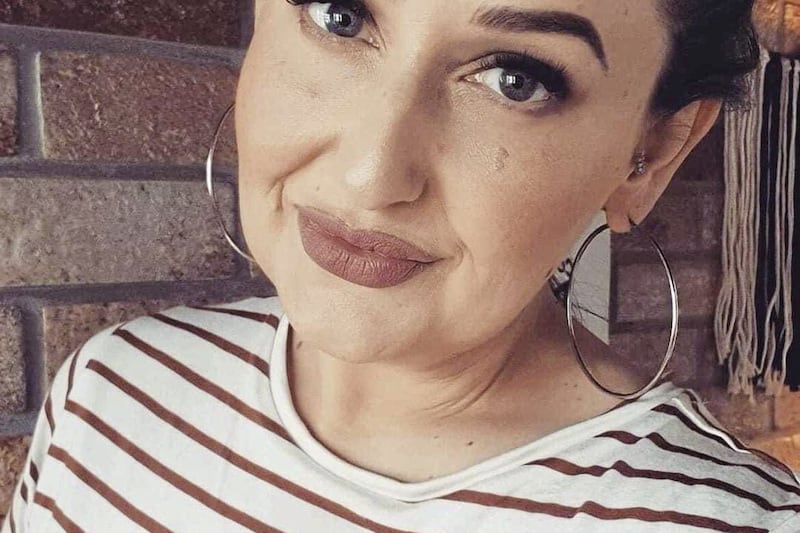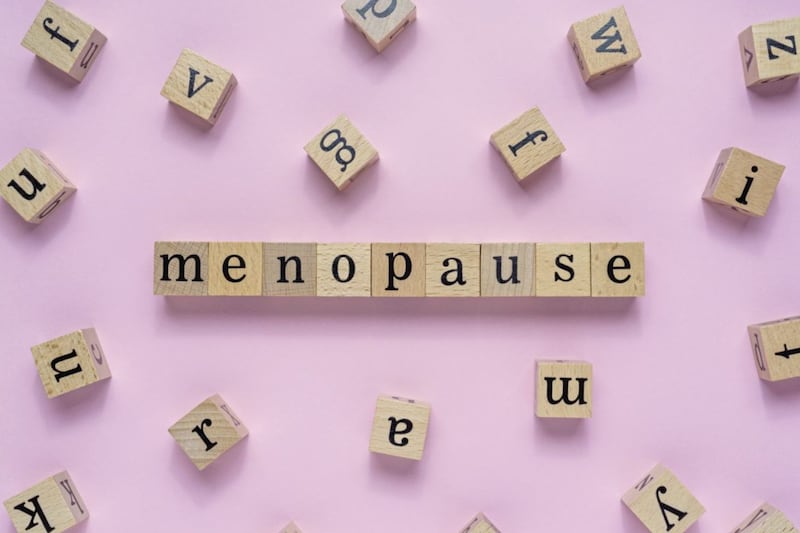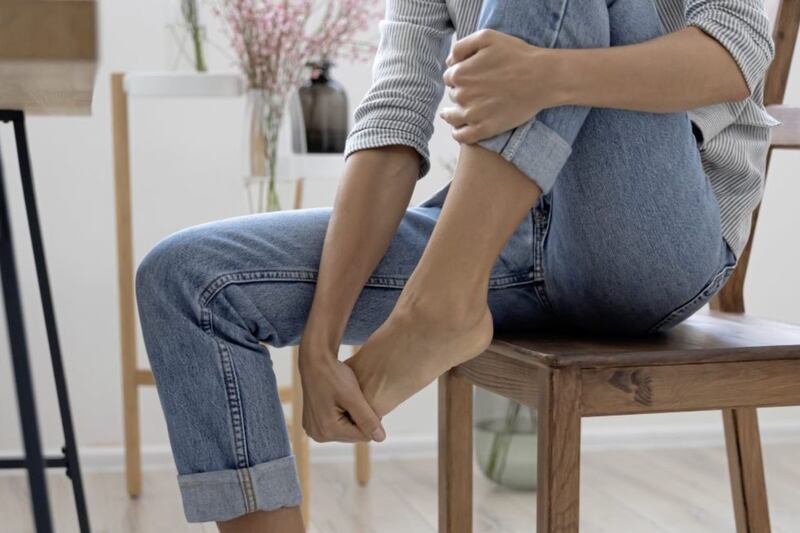AT AROUND 4am last Saturday thousands of people set off on a 5km walk/run at 80 locations around Ireland and internationally, to raise funds for Pieta House, a leading provider of specialist help to people of all ages at risk of suicide and self-harm.
The event is timed so participants set off in darkness and arrive back at the start point after the sun has come up. I set off with my family among a 2,000-strong group in Cavan, and it was an incredible sight to see this mass of humanity, decked out in striking yellow T-shirts, making its way through the otherwise deserted streets.
As I talked with people before the event and along the way, some spoke of their reasons for leaving their beds at 3am to take part, and the most common reasons included remembering a loved one lost to suicide or wanting to ensure vulnerable people knew help was available, and that such services such as Pieta House continue to operate.
In many ways this event serves as a powerful antidote to much of what we know contributes to the scourge of poor mental health. People were showing solidarity, all wearing the same colour, walking together in the same direction. Unfortunately, for people experiencing poor mental health, their lives can seem to be very much the opposite: feeling alone, outside of the mainstream and heading in a different direction.
After 20 years as a practising psychologist, I remain convinced that one of the greatest blocks to people coming forward and seeking timely and essential help for their mental health is a sense of stigma, which seems to imply that wanting and/or receiving this help is a sign of weakness.
In my experience, nothing could be further from the truth. Many of the bravest people I have met in my life have been individuals with whom I worked with as a psychologist and shared some of the journey with. It remains an incredible privilege to spend time with such courageous people who are doing their best to get through each day, and at the end of our time together, they return to their lives and continue to face difficult, and in some cases, overwhelming challenges.
This is especially true of young people and children whose start to life seems to be less of an uneven playing pitch and more of a sheer cliff face.
No-one is invulnerable and no family is perfect. But if we do not challenge the stereotype of mental health being for the weak and deficient among us, people may not look for support and guidance when they most need it. What would help is if we could remember that for each of us there are times of vulnerability.
For example, when we cannot find the answer to the latest problem, are uncertain of what action to take, feel too tired to face another challenge or are worried that we will not be able to provide for and care for our families. If we need help in such situations and do not seek it, our mental health can suffer.
American writer Brene Brown deals with this topic in her book Daring Greatly, where openness to be more vulnerable can help us live fuller, happier lives. You can also look up her talks on the TED site on the internet. Finally, it might help to remember that while we all can experience different highs and lows in life, it is our vulnerability that underlines our humanity, our fellowship together and the need to be understood and to understand.
:: Dr Paul Gaffney is a senior clinical psychologist. His book, On the ball? How Football Can Help Your Mental Health, is available now in bookshops.








